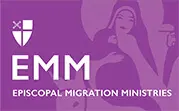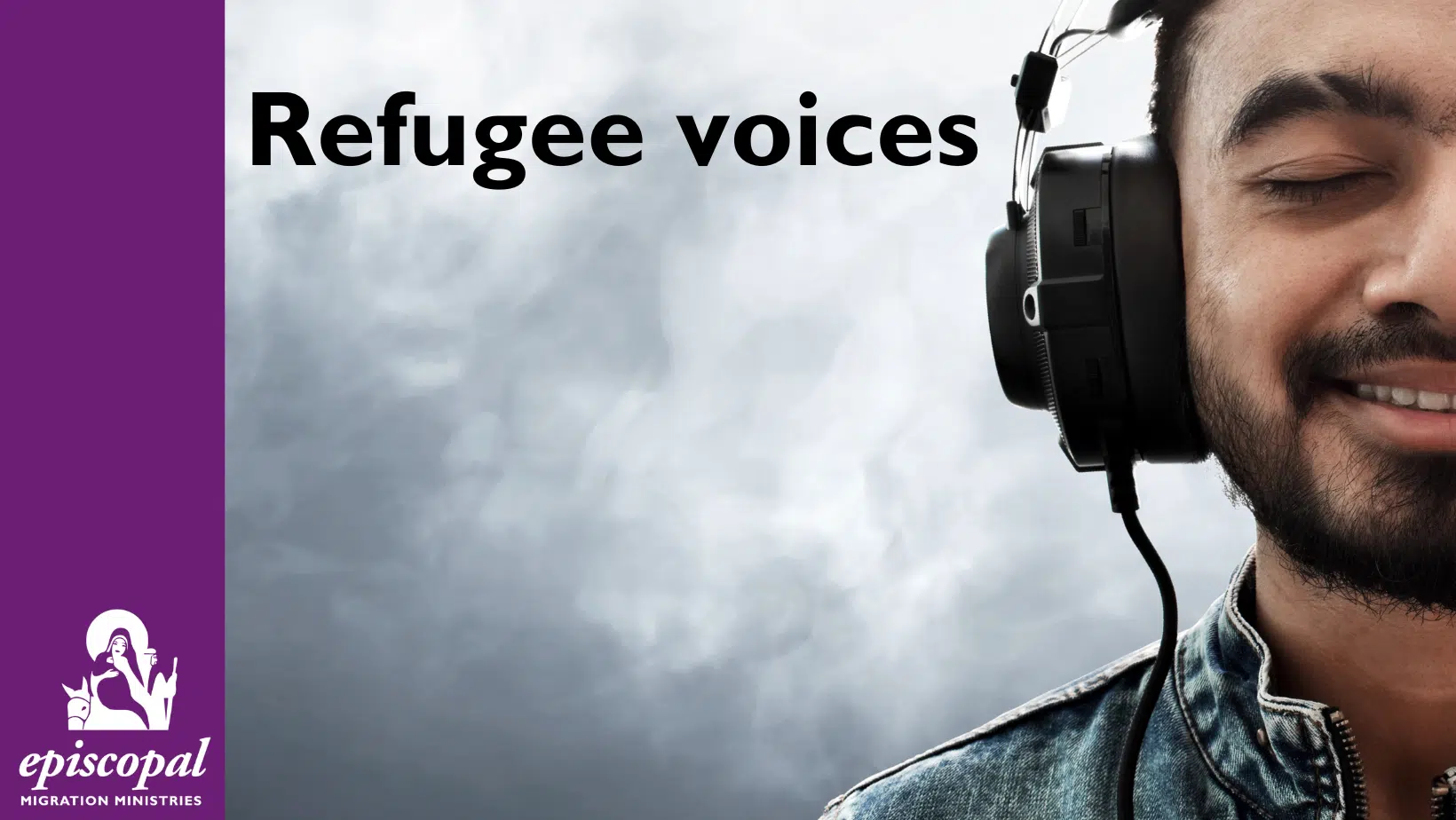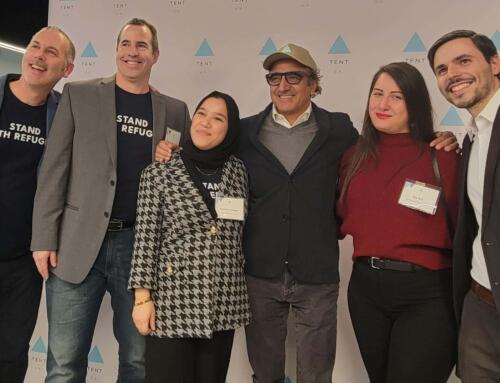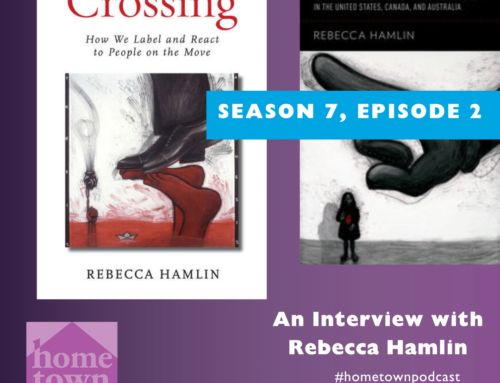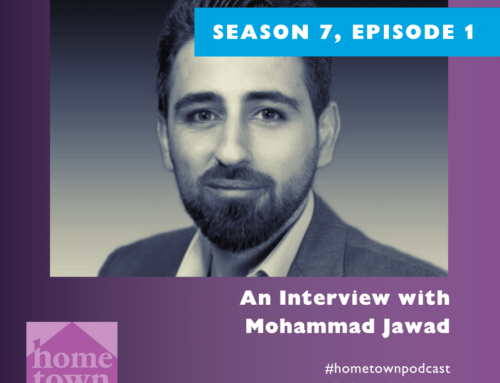On World Refugee Day in June 2023, we read a thought-provoking piece by Eric Reidy at The New Humanitarian titled “What does World Refugee Day mean to refugees?”
Reidy’s article recaps a conversation with several people who have experienced forced displacement and serve as leaders in specific communities around the world. They asked a series of provocative questions:
- What is the place of refugees in everything that is done in their name, not only on World Refugee Day, but all year long?
- What can we do to ensure that refugees’ voices, experiences, and expertise are at the center of our communications, events, initiatives, campaigns, and celebrations?
- What needs to happen all year long to ensure that meaningful change for ALL displaced people occurs in accordance with solutions designed and led by refugees themselves?
These are significant questions that do not lend themselves to easy answers. They have prompted us, as the communications and engagement staff at EMM, to double down on our commitment to centering the voices, experiences, and expertise of people who have been forced to flee their homes, and whose lives and stories offer lessons from which we can all learn.
In August 2023, EMM is launching a new series called “Refugee Voices” which will focus on the perspectives of people with lived experience of displacement and resettlement. “Refugee Voices” will feature a range of content, including first-person narratives told through the written word, audio and video pieces, visual art, music, and other creative work, generated by and with refugees, asylum seekers, and other forced migrants. By centering refugees’ stories and insights, we hope to shine a light on the struggles they’ve faced as well as the remarkable things they are doing to create new lives for themselves and their loved ones, and to invest in the communities where they live.
Through the series, we hope to contribute to the slow, vital work of what The New Humanitarian calls “Flipping the Narrative.” This means changing the ways that people who have not experienced forced displacement perceive refugees: seeing them not as “mere beneficiaries” of policies and programs designed by others, but as people who deserve opportunities to show what they can do, and to be treated at all times with dignity and respect for their inherent rights and value as human beings. As people with manifold strengths, refugees should be the central active participants in shaping refugee policies and programs, recognized as uniquely qualified to determine the “durable solutions” for global displacement that we all seek.
We will launch “Refugee Voices” on Wednesday August 16 with the story of Salemu Alimasi, a remarkable man who was forced to leave behind a once idyllic childhood in a small Congolese community as he and his family fled persecution and violence. We hope you’ll join us in following his amazing journey.
As the series develops, please share any ideas you have on ways to honor the experiences of people who have lived through forced displacement and whose lives and strengths continue to impact our world.
Janet Morford & Kendall Martin, series co-editors
